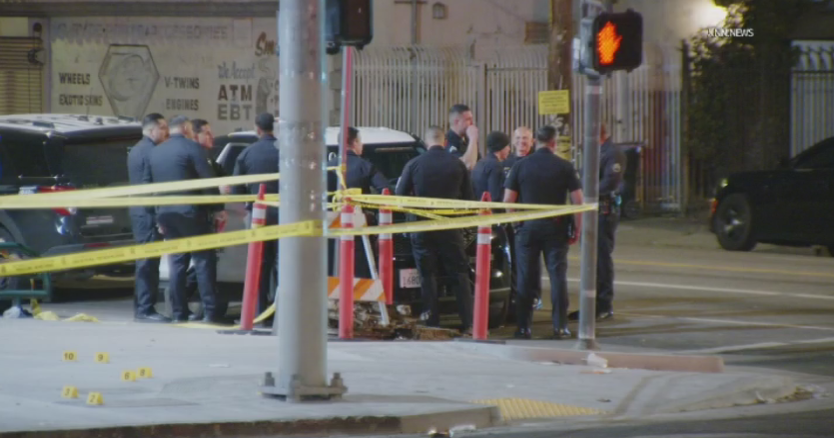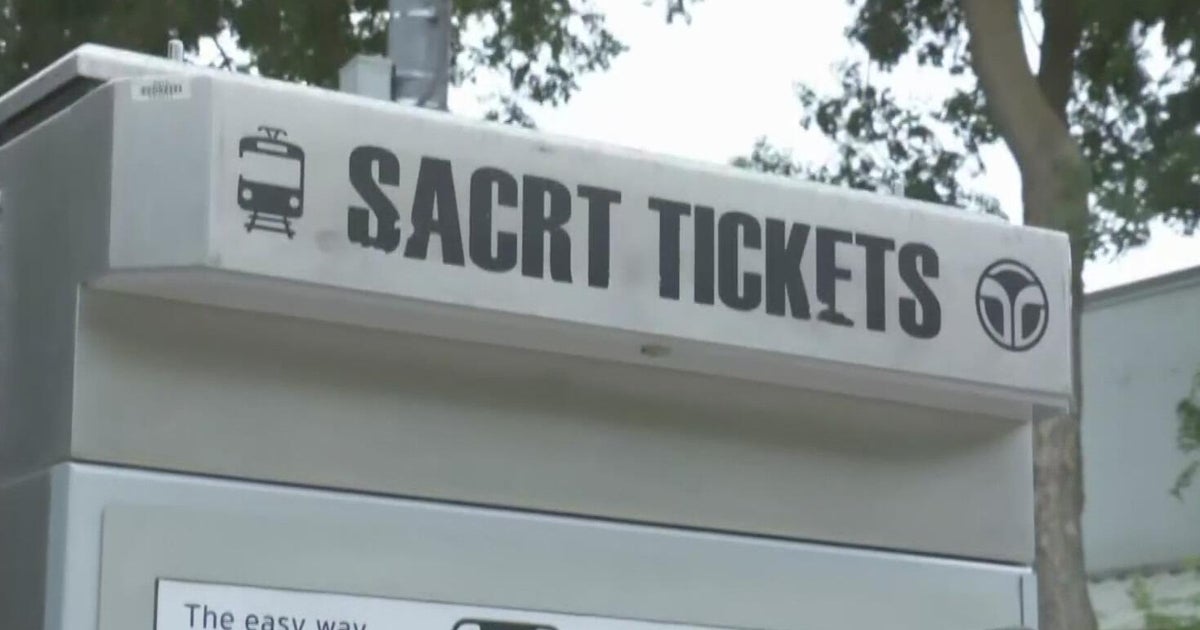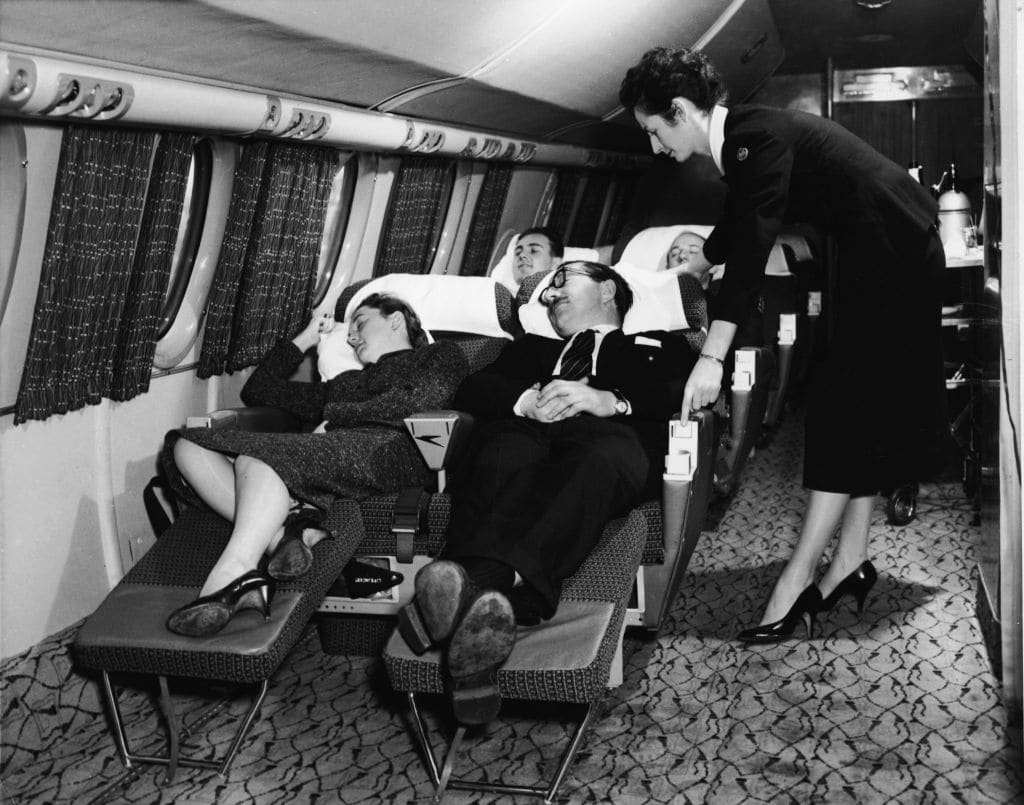"The warehouses are full": Cargo begins clogging Port of Los Angeles amid railroad worker shortage
Just as retailers are starting to gear up for the holiday season, there are warnings of a possible nationwide shipping logjam. A shortage of rail workers, not enough rail cars and importers failing to pick up their goods are causing cargo to pile up once again at the Port of Los Angeles — a key link in the U.S. supply chain.
Port director Gene Seroka said containers are already piling up and clogging the docks.
"There are about 35,000 containers that are designated for rail on our docks right now," he said. "A normal day looks more like 9,000 units."
Seroka said that ships could be backed up again in four to six weeks if nothing is done about the containers.
Ben Nolan, an analyst specializing in transportation at Stifel Financial, said that over the last three years, railroads have lost 20% of their employees.
"A lot of that is because they cut their own workforce," he said. "When you're hyper-efficient, you're ill-prepared for unexpected things like pandemics."
Nolan said railroads tried to streamline operations with a practice called "precision scheduled railroading," which sometimes uses shorter trains.
Union Pacific Operations Vice President Eric Gehringer said the railroad has hired hundreds of new employees.
"We're handling that volume," he told CBS News. "Resources beyond the railroad, that's where we need to see gains."
The rails move containers inland where merchandise is then transferred and delivered. But with truck driver shortages and a glut of goods arriving — there is nowhere to offload the containers.
"The warehouses are full," Nolan said.
"It all begins with the importer picking up their cargo inland a little bit faster," Seroka said.
But the system could also fall apart quickly.
Dockworkers at the port told CBS News they've been without a contract for a month, and rail workers said they're at the "dead end" after two years of negotiations. The White House recently assembled an emergency team to help railroads avoid a strike.






